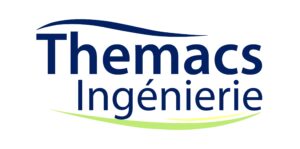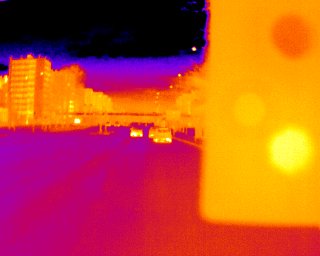Urban heat islands (UHI) result in a significant temperature difference between cities and surrounding rural areas, which can reach up to +10°C, especially at night. This phenomenon increases thermal discomfort, exacerbates health risks during heat waves, and increases energy consumption related to cooling buildings. There are several ways to reduce their intensity:
Increase the albedo of surfaces
A high albedo means a greater ability to reflect solar radiation. However, in large cities, most infrastructure is built with dark materials. To increase albedo, it is therefore necessary to use light-colored materials such as white roofs, reflective paints, or light-colored coatings for roads and sidewalks. This reduces heat absorption and lowers the temperature of buildings.
Optimizing the emissivity of materials
Emissivity is the ability of a surface to release absorbed heat in the form of infrared radiation. To improve it, light-colored, reflective materials such as concrete or light-colored tiles should be used. This helps surfaces cool down in the evening and limits heat accumulation.
Increasing greenery
Vegetation acts as a natural heat regulator and helps improve air quality in cities. It is therefore necessary to increase green spaces in urban areas, particularly near buildings and roads, by developing urban parks, tree-lined avenues, gardens, and green facades. These developments promote air circulation, provide shade, and reduce heat accumulation.
Rethinking urban morphology (urban canyons)
Narrow streets lined with tall buildings trap heat and reduce air circulation. To remedy this urban canyon effect, it is necessary to allow more space between buildings, create ventilation corridors, and vary the heights and orientations of buildings. This improves air circulation and limits heat trapping.
Conclusion
The fight against urban heat islands relies on a combination of solutions: careful choice of materials, appropriate urban planning, and strengthening nature in the city. At THEMACS Ingénierie, we offer our expertise and measurement tools to help you design more resilient and comfortable cities.

